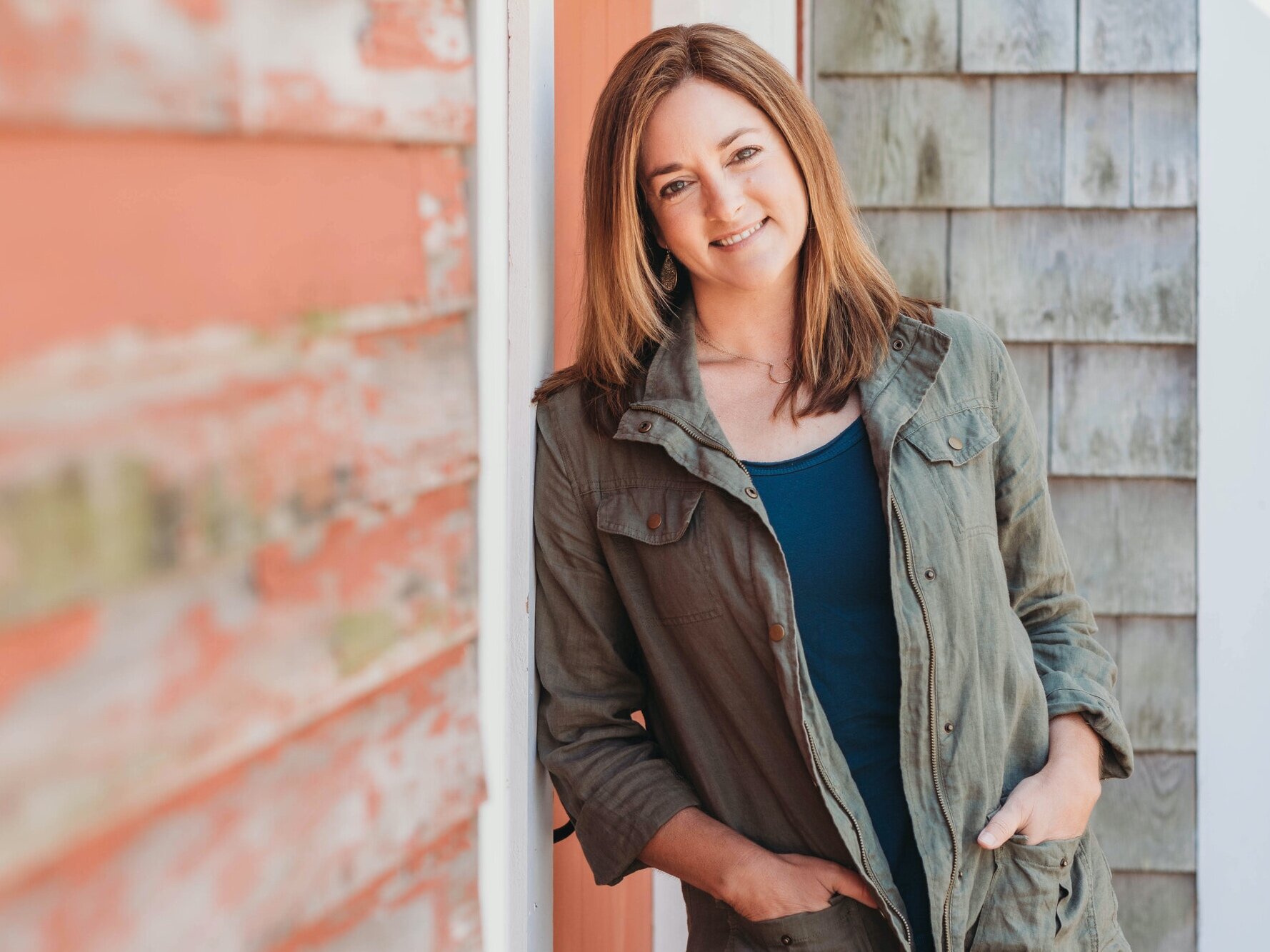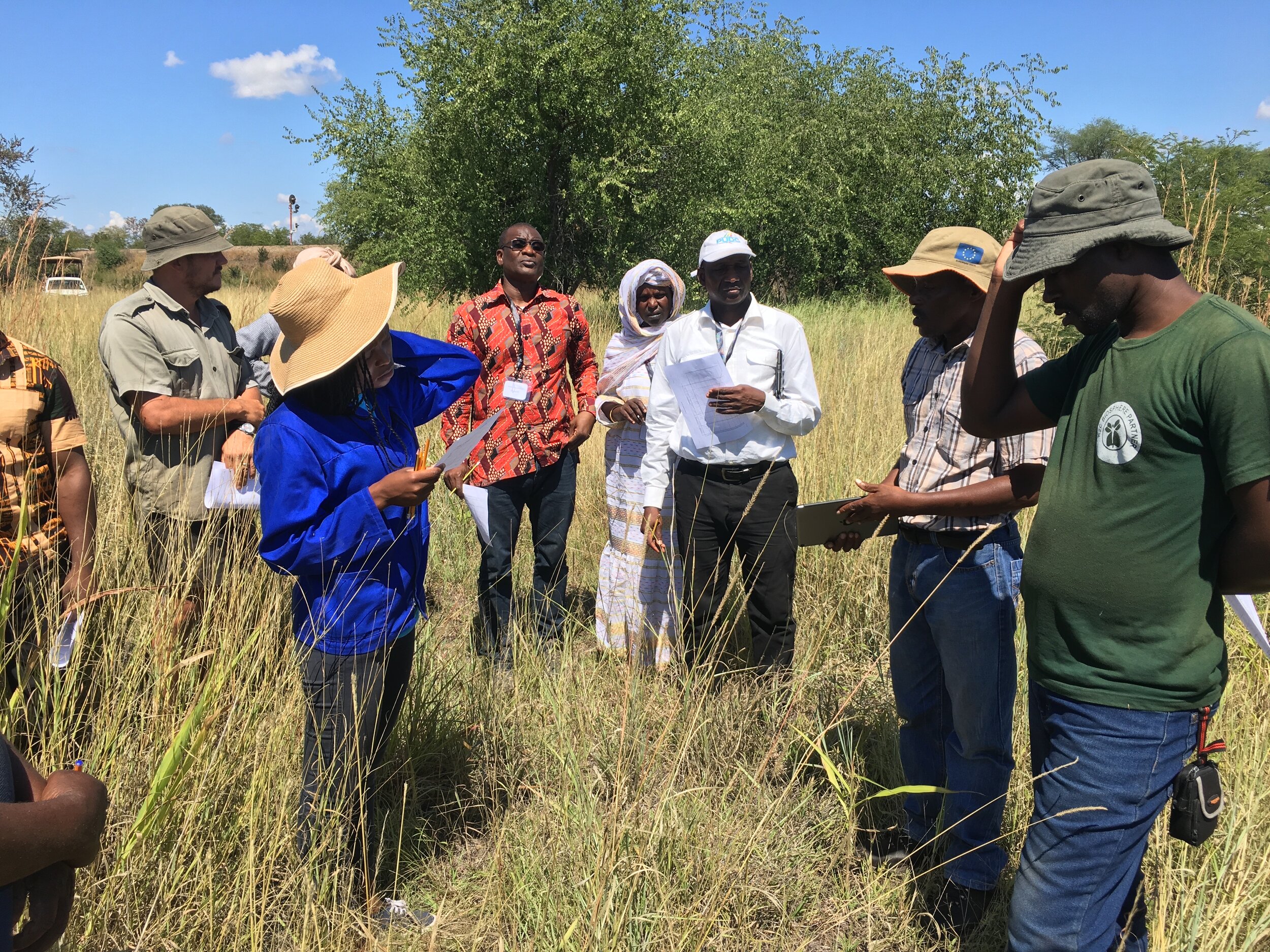Join My Mission
The nutritional, environmental, and ethical case for better meat, Sacred Cow, is a paradigm-shifting project up against the financial and marketing prowess of Hollywood and Silicon Valley. In order to make the most of the film, we need a robust advocacy plan.
After the launch of Sacred Cow, I started the Global Food Justice Alliance, which takes the messages of Sacred Cow and amplifies them to ensure all people around the world have access to culturally appropriate, nutritious, and sustainably produced food.
We advocate for nutrient-dense diets that support a healthy population and ecosystem. We fight against dietary elitism, racism, and sexism. We call out corporate collusion influencing our dietary policies. We educate students and others on the importance of animal foods in a balanced human diet. We stand for global food justice.
Additionally, I’m working with policymakers on agriculture initiatives and nutrition agendas to ensure animal-sourced foods have a place in guidelines aimed at improving the health of the women and children who need it most.
I hope you decide to join my efforts. I appreciate any support you may be able to provide. Your donation is 100% tax deductible.
Thank you for your support!
- Diana Rodgers, RD
Director & Producer of Sacred Cow
Executive Director of the Global Food Justice Alliance
Rancher Training
5% of all film sales will go directly to a special scholarship fund for low income and BIPOC farmers to attend the Savory Institute training in Holistic Management.
Scholarship recipients will receive the full suite of Holistic Management courses––including Planned Grazing, Land Planning, Financial Planning, and Ecological Monitoring––at no cost to the recipient. Courses are offered by accredited Hubs of the Savory Network––a global network of learning hubs led by members of the community who adapt the concepts of Holistic Management to a localized context.
Support the Case for Better Meat: The mission for better meat begins in your community. The following exercises are intended to help you learn more about how and where meat is being produced around you as well as learning more about potential opportunities to support better meat. We’d love to see how you are engaging with the material. Use the hashtags below to share what you are doing to support the nutritional, environmental, and ethical case for better emat.
#BetterMeatButcher - Find a local butcher shop and purchase a cut of meat that you haven’t tried before. Ask the butcher or counter attendant about the best way to prepare that cut and whether they have any recipe recommendations.
#BetterMeatNose2Tail - Many butchers will tell you that consumers often miss out on some of the best cuts of meat because they come from parts of the animal that are not commonly eaten. In this challenge, find a local restaurant that offers nose to tail dining and try something that you may not have considered beforehand like trotters, oxtail, or liver.
#SacredCowButcher - Take a butchery class and post about it
#SacredCowMeal - Source the ingredients for a meal from local farms or other regenerative sources. Prepare the meal and share it on social media. Be sure to tag any farmers that helped make your meal possible.
#SacredCowGenerations - Interview a relative or friend from an older generation about their experience with meat and food at large. How did they get their meat growing up? How have they seen the food system change during the decades? Post an interview video if they’re game or summarize their answers in a post.
#SacredCowontheFarm - Get your hands dirty! Connect with a local farmer and volunteer some of your time.
#SacredCowFemaleFarmers - Find a female farmer either in your community or through social media and if she is willing to speak with you ask her about her experiences.
#SacredCowBIPOC - Find a farmer of color either in your community or through social media. If they are willing to speak with you, ask them about their experiences and the barriers that they face.
Other Ways to Help…
Feed the Future Innovation Lab for Livestock Systems (featured in the film, Sacred Cow)
Education for farmers in better grazing



